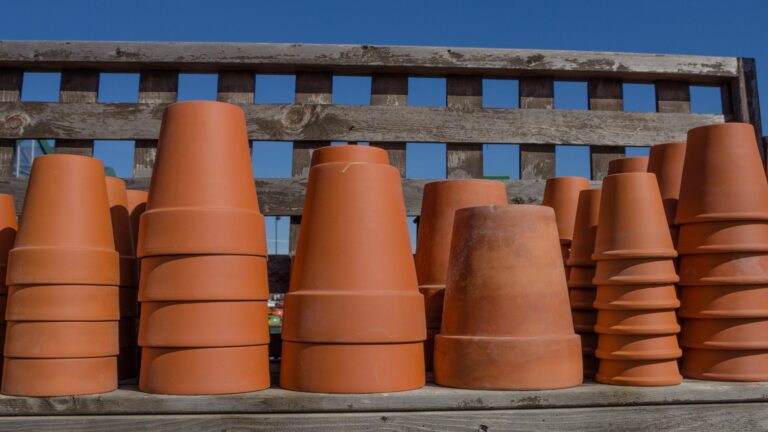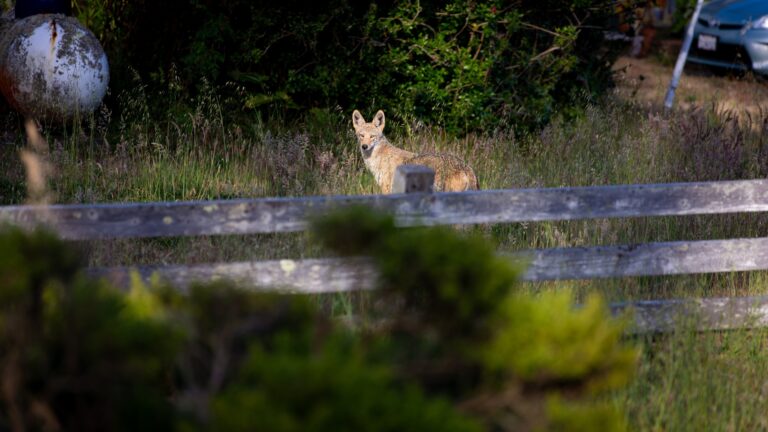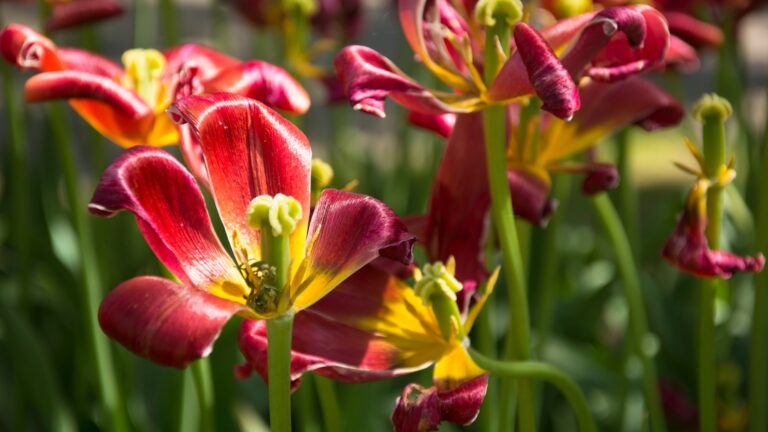The Key Task Every Gardener Should Do Before December Ends
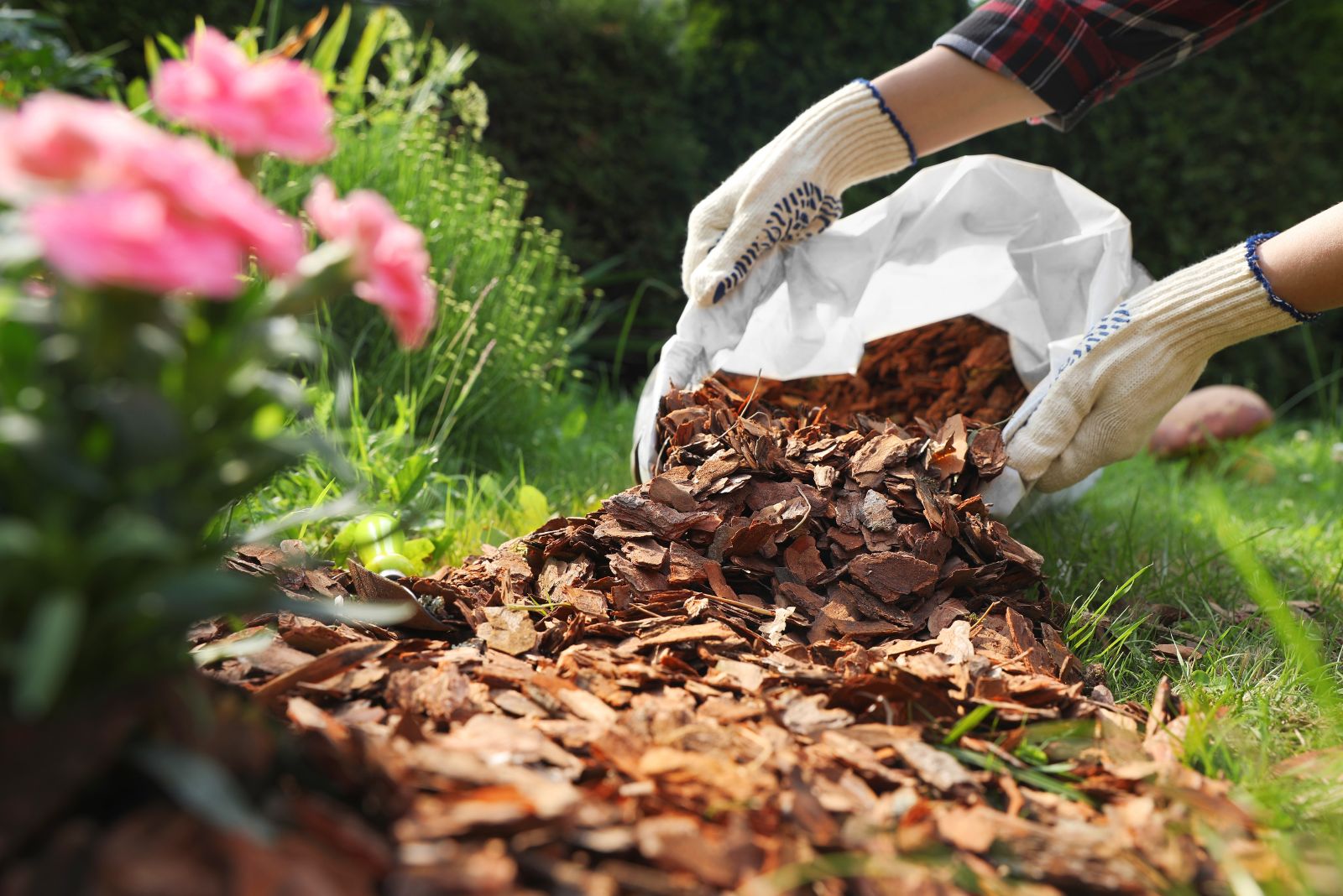
I’ve learned that the rush of the holiday season can make it easy to forget about the garden, but there’s one task I never skip before December ends.
It’s the kind of simple chore that pays off in spades once winter settles in, keeping the soil protected and the plants a step ahead when spring makes its comeback.
A few minutes of care now can save hours of work later, and every time I finish it, I feel like I’ve tucked the garden in for its long winter rest.
It’s my end-of-year ritual, and the garden always thanks me for it.
Protecting The Soil For Winter By Adding A Fresh Layer Of Mulch Is Key
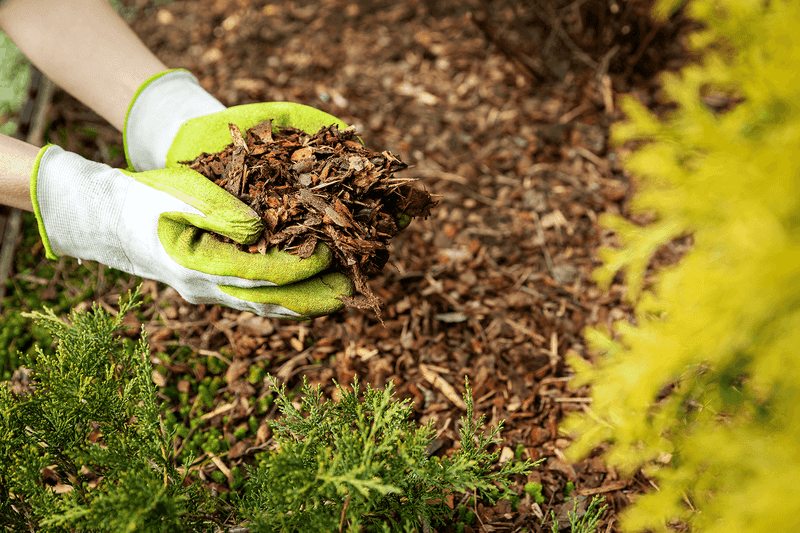
The key task every gardener should do before December ends is to protect their soil for winter by adding a fresh layer of mulch.
Mulching at the end of December keeps the ground insulated through freezing nights, locks in moisture, shields roots from sudden temperature swings, and prevents erosion.
It also creates a comfortable environment for beneficial organisms that keep soil healthy long-term.
A simple layer of mulch sets the stage for stronger plants, better spring growth, and fewer winter losses.
It Insulates Roots From Freezing Temperatures
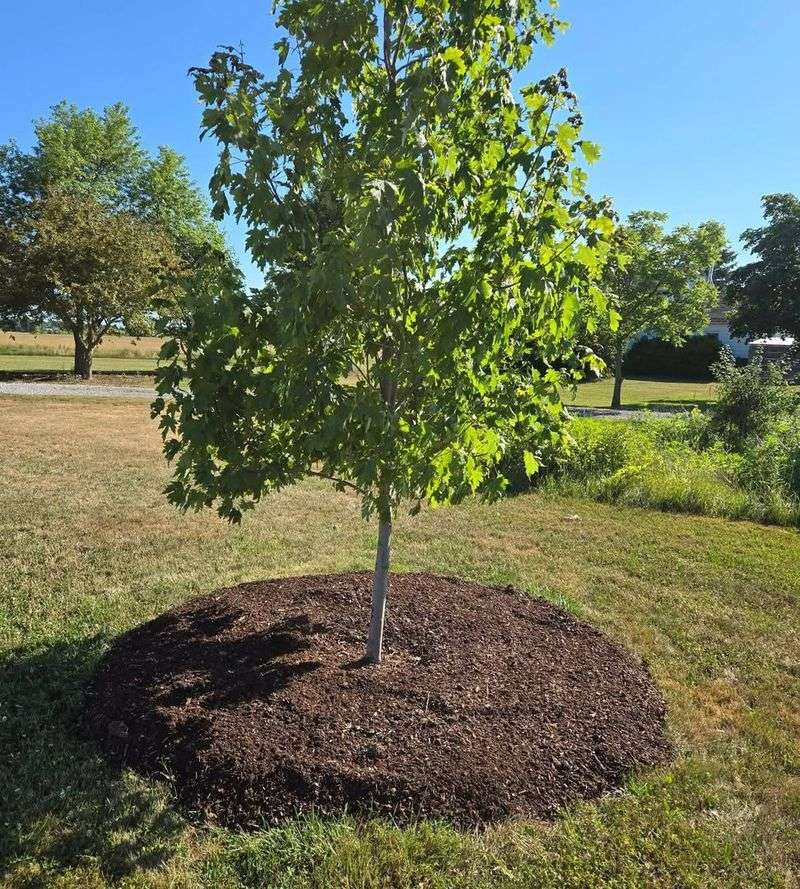
Your plants’ roots are like tiny underground neighbors who need a warm blanket when temperatures drop.
Without proper protection, freezing and thawing cycles can push roots right out of the ground, exposing them to damage.
Mulch acts as a cozy insulating layer that keeps soil temperatures more stable throughout winter.
A good three to four inch layer helps roots stay tucked in safely, preventing frost heaving and giving your perennials a much better chance of surviving until spring arrives.
Prevents Soil Erosion During Winter Storms
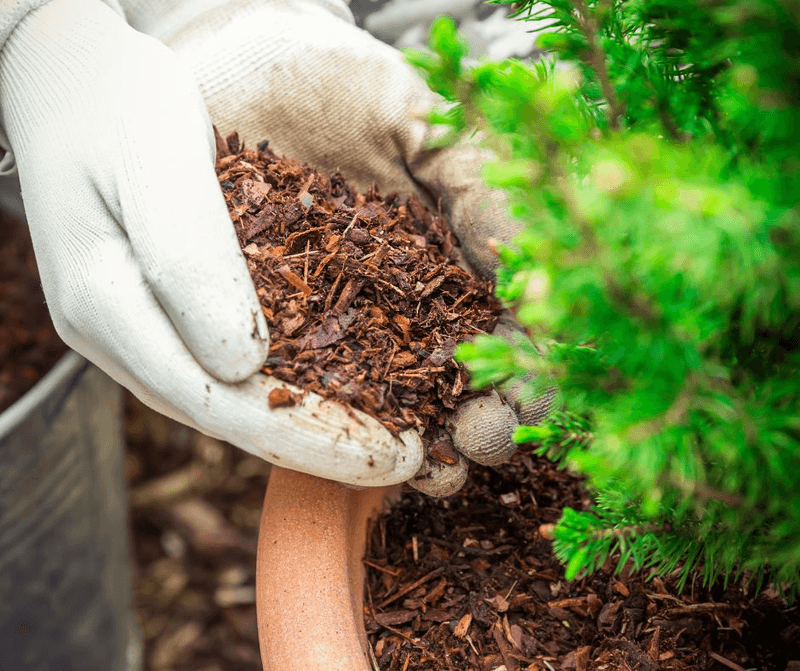
Winter storms can be surprisingly aggressive, washing away precious topsoil that took years to build up.
Rain, snow melt, and wind work together to strip away nutrients and leave your garden beds looking sad and depleted.
A fresh mulch layer holds everything in place like a protective shield.
It breaks the impact of heavy rain and slows down water runoff, keeping your valuable soil exactly where it belongs instead of ending up in the driveway or street.
Suppresses Weed Growth In Early Spring
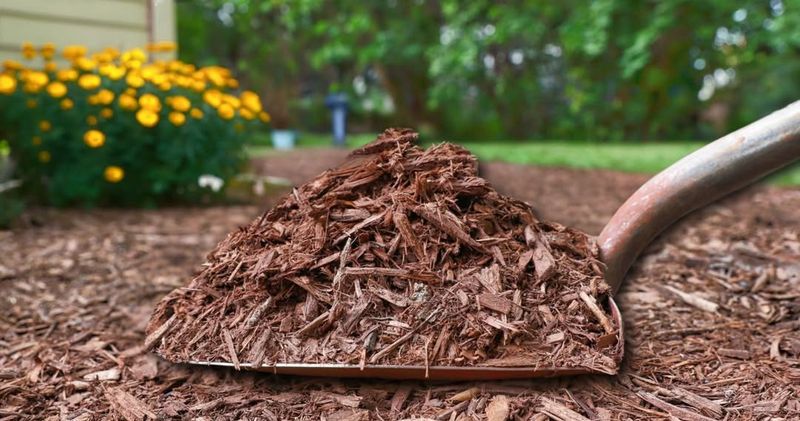
Did you know weeds are sneaky little opportunists that start sprouting the moment temperatures warm up?
They can get a head start in late winter, making your spring gardening twice as hard.
Putting down mulch now blocks sunlight from reaching weed seeds buried in the soil.
This simple step saves you hours of backbreaking weeding later on.
When spring finally arrives, you can focus on planting and enjoying your garden instead of battling an army of unwanted plants.
Retains Moisture For Healthier Soil

Even during winter, soil needs moisture to stay healthy and support beneficial microorganisms.
Dry, exposed soil becomes hard and crusty, making it difficult for water to penetrate when spring rains arrive.
Mulch works like a sponge, holding moisture in the soil and reducing evaporation on those surprisingly sunny winter days.
This keeps your soil structure loose and friable, creating the perfect environment for earthworms and other helpful creatures that improve soil health naturally throughout the dormant season.
Adds Organic Matter As It Breaks Down
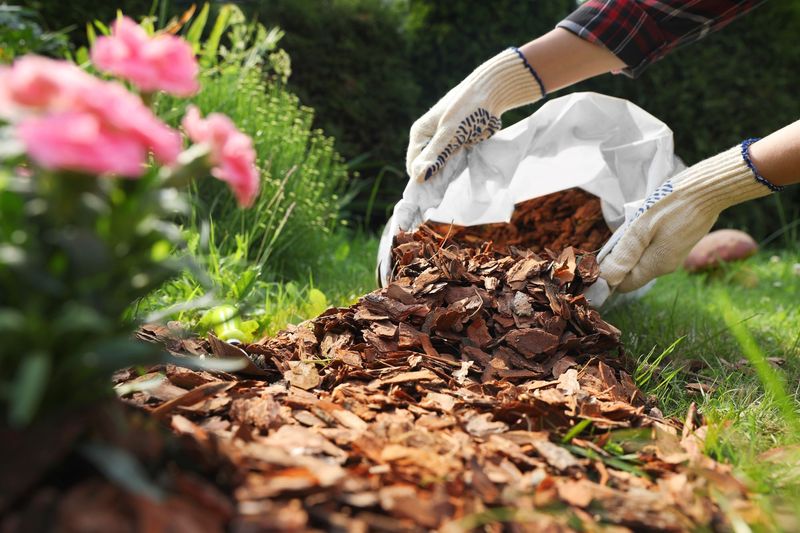
Organic mulch is basically a slow-release fertilizer that works while you sleep.
As it gradually decomposes over winter months, it releases nutrients back into the soil, enriching it naturally.
By spring, that top layer of mulch will have started breaking down, adding valuable organic matter that improves soil texture and feeds your plants.
It’s like giving your garden a nutritious meal that digests slowly, providing benefits long after you’ve spread it. Nature does most of the work for you.
Protects Beneficial Soil Organisms

Your soil is teeming with tiny helpers like earthworms, beneficial bacteria, and fungi that keep everything balanced and healthy.
These little workers need protection from extreme temperature swings and harsh conditions just like your plants do.
Mulch creates a stable microclimate that allows these organisms to continue their important work even during cold months.
They’ll keep breaking down organic matter, aerating soil, and preparing your garden beds so everything is ready to burst into life when warmer weather returns.
Gives Your Garden A Neat, Finished Look
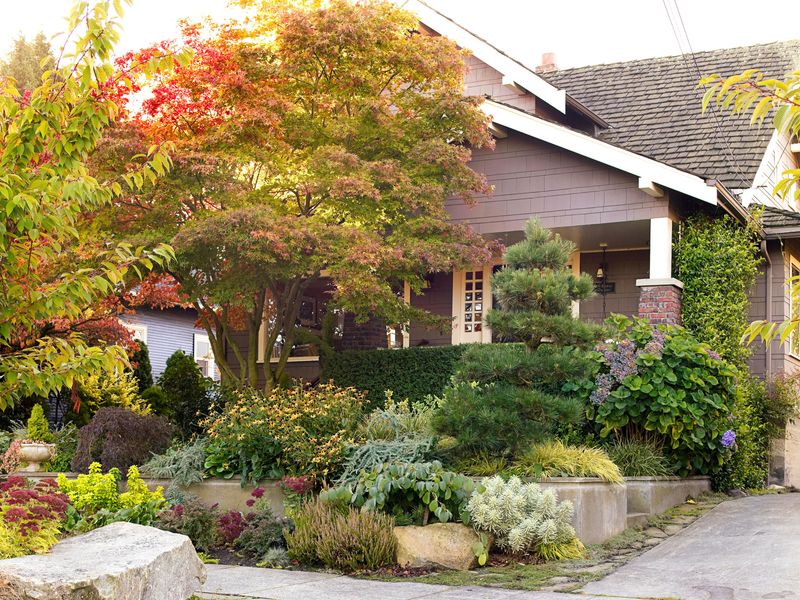
Let’s be honest, a well-mulched garden just looks better, even in winter.
Instead of staring at bare, muddy patches through your window, you’ll see tidy, attractive beds that show you care about your outdoor space.
Fresh mulch creates clean lines and a polished appearance that makes your whole yard look more intentional and cared for.
It’s a small effort that makes a big visual impact, and your neighbors might even ask for gardening tips when they see how great your beds look.

